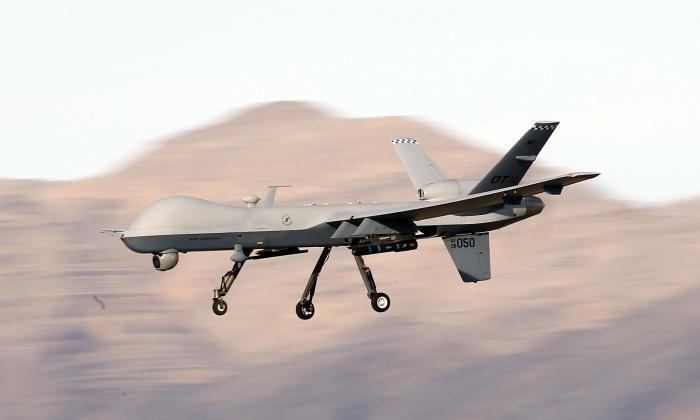And there is no doubt in today’s world who are the elephants and who is the grass. Ottawa is the “grass” and getting thoroughly trampled as a “pawn” between Washington and Beijing. Perhaps Ottawa should feel honored to being a participant and not simply a victim?
As is so often the case, nations (as well as individuals) stumble into crises inadvertently rather than by design.
In this instance, the United States laid detailed financial charges against Huawei’s Chief Financial Officer, Meng Wanzhou. Essentially, Meng was accused of using shell corporations to trade illegally with Iran, and Washington “threw the book at her.” Washington, knowing Meng was in Vancouver, demanded her arrest and deportation. Ottawa complied—at least so far as arrest was concerned—while the extradition was being fought in court.
Beijing was not amused. Not only was Meng Huawei’s CFO but she is daughter of Huawei’s founder—almost the equivalent of royalty in China’s (semi) free economy. Beijing demanded she be released immediately. Ottawa rather blithely (and blandly) responded that it had a treaty with the United States, requiring juridical consideration of such extradition requests and “the rule of law” remains paramount.
It was more likely, however, that the ongoing argument over construction-political giant SNC-Lavalin’s search for a nonjuridical solution to charges of bribery/corruption was the driver behind delay in the extradition request. SNC -Lavalin’s plea was rejected by then Justice Minister Jody Wilson-Raybould. In her view, such an approach would not be in accord with the “rule of law”—and was fired for her purist position.
Ottawa apparently believed Beijing would suck it up and, in due course, Meng would be released.
But Beijing doubled down and, immediately after Meng’ arrest, seized two Canadians on espionage charges and shortly later two more Canadians on drug charges, some of which carried death penalties. Ottawa squealed like a stoat caught in a fence and implored Washington to come to its rescue.
The problem remains, however, that Washington has no special interest in rescuing Ottawa; indeed, since the hissy fit exchange following the Trudeau-hosted G-7, personal relations have been politely poisonous. Meanwhile, Beijing has redoubled its huge effort to pressure Ottawa by ending its purchase of Canadian canola and beef and pork production.
But beyond (among others) urging Chinese leadership to release the hostage Canadians, Washington has done nothing to help Ottawa. Canadian Prime Minister Trudeau has been pressured domestically to “get tough” with Beijing which falls into that category of telling the mouse to roar.
- Endure the unacceptable. Recognize that there are simply events that cannot be changed. Eventually, even these unpleasant circumstance will change and without bloodshed.
- Jawbone the U.S. government as Canada has done throughout its history playing the “poor little me” card to talk about how unfair it is that Canada should suffer because of a fight between Washington and Beijing.
- Along these lines, PM Trudeau is scheduled to visit Washington on June 20 to urge president Trump to be more proactive in assisting Ottawa against Beijing.
- However, the prime minister has a completely different problem. He faces reelection in October. He has become increasingly unpopular through a combination of over-promising and under-delivering. He is also suffering a public perception of taking advantage of luxury opportunities and substantially exaggerating of his accomplishments. And, most blatently made a global fool of himself during a trip to India when repeatedly dressed in regional costume, leaving Indians puzzled by his objective.
What the current circumstances demonstrate once again, however, is that if you confront countries 10 times and 30 times the size of your own, and your economic, military, and political strength are trivial in comparison, your interests are marginal to the superpowers. In this regard, Canada has been unfortunate to having been a blade of grass and unable to avoid more rather than less trampling.





